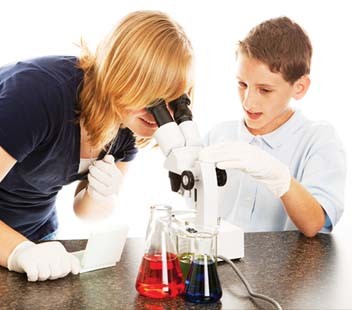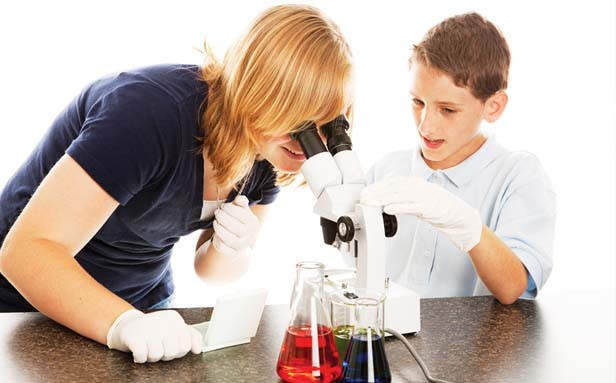As news goes, it wasn’t very new. The company that administers the ACT college prep tests announced recently that fewer than a quarter of Illinois’ 2011 graduating high school class met the firm’s college readiness standards in English, reading, math and science. That’s even worse than a very poor U.S. national average. U.S. Education Secretary Arne Duncan, who as the former head of Chicago’s public schools knows a thing or two about failing education systems, said that the ACT results showed the need for states to raise their academic standards and commit to education reforms that accelerate student achievement.
Duncan thus earned a perfect mark for mastery of the obvious. One clue to the poor performance of the kids on tests is the poor performance of so many teachers on their tests back in college. Remember that “Education Report Card” which the Center for American Progress issued for the State of Illinois in 2005? More than 20 percent of middle- and high-school classes in core academic subjects in Illinois back then were taught by instructors who lacked at least a college minor in their subject. Twenty-nine U.S. states did better.
A 2010 National Council on Teacher Quality report confirmed that Illinois teachers are trained in how to teach, but not what to teach. The focus in the colleges of education remains on method rather than content. For the latter, many teachers rely on the authors of textbooks, websites, workbooks and, apparently, Sesame Street. The teacher of one District 186 “High School Science” class resorts to song to teach chemical bonding (“‘The bonding game’ – lets [sic] make a date molecule”) and the periodic table (Tom Lehrer’s “The Elements”).
Extra credit to Teach for introducing her scholars to Lehrer, anyway.
Illinois kids proved themselves to be especially dopey about science, but improving teaching solves only one of the problems with science education. We may be teaching the wrong kind of science to the wrong kids for the wrong reasons.
For example, it is a calamity that only a quarter of Illinois high schoolers are ready to do well in college only if you assume that more than a quarter of Illinois school kids are capable of or interested in education beyond high school. If they are not – and their performance in college suggests they are not – the ACT’s “readiness standard” is irrelevant. The only thing that school grades and test scores predict is a student’s skill at going to school. While doing well in college is all that most parents want for their kids, the taxpayers are entitled to hope that our young also get something like an education as well. Sadly, as most colleges are now constituted, the two are only haphazardly related.
Rather than another unproductive wrangle about teacher qualification, we would be better off asking what it is that kids need to know about science. I for one would be delighted if the public schools produced fewer career-ready technicians and researchers and a few more citizens able to comprehend science-related public issues. Genetics, climate change, evolution, reproductive issues, pollution, disease, indeed the nature of science itself are only some of the topics about which the American public is as confused as a tea partier in a library.
But the real problem is not at school. As a culture we pander to kids’ appetites for diversion when we should be exciting their curiosity. Unfortunately, when parents want little Devon to have a science experience, they take them to a science “museum” in the form of an exploratorium or some other version of the Museum of Science and Industry. Sent there to be enriched, kids usually end up being bored; by striving to match TV and the Web in motion and interactivity, the children’s museum makes science just like every other experience the kids have ever had.
Meanwhile, real science museums are starving for visitors. One of the great science museums in the world is Chicago’s Field Museum, whose attendance declined 50 percent between the years 2006 and 2010 apparently because it has been slow to translate what it knows into language intelligible to a public accustomed to talking dinosaurs.
It is the world in its surpassing strangeness that really interests kids. A kid might be said to be a scientist not when she learns to answer the questions posed by adults, but when she finds herself asking her own questions about rocks or trees or weather. The wise parent therefore is one who does not try to answer her kid’s every question, but helps her learn how to go about answering them for herself. Real science education begins when a grownup says to a kid, “Why don’t you see what happens if....”
Contact James Krohe Jr. at [email protected].



